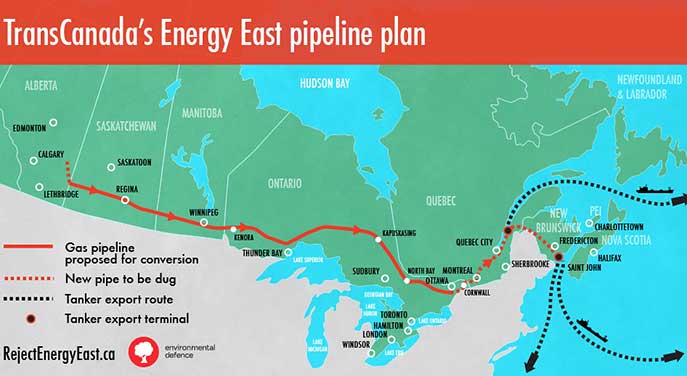 Canada’s chattering classes – often more accustomed to playing the ineffectual dovish role – are rushing to prove their outrage over Russia’s invasion of Ukraine and demonstrate their resolve to make Russian President Vladimir Putin pay.
Canada’s chattering classes – often more accustomed to playing the ineffectual dovish role – are rushing to prove their outrage over Russia’s invasion of Ukraine and demonstrate their resolve to make Russian President Vladimir Putin pay.
However, these are often the same people who opposed Canadian gas pipelines, which could help fellow NATO countries.
The Ukraine conflict reminds Canadians that access to stable and affordable energy has foreign policy importance. The good news is that the Western provinces can help address the problem.
European countries are limited in their options when it comes to forcing the Putin regime to rethink its invasion of a sovereign nation. Many of them are dependent on natural gas imports from Russia, and although they would love to leverage that, they simply can’t.
German Economic Affairs Minister Robert Habeck recently stated he opposed banning energy imports from Russia because of justifiable concerns over rising energy prices in his country and the implications for their economy.
The problem, of course, is that Germany lacks access to other energy imports to make up for the shortfall. About 55 per cent of Germany’s natural gas and 35 per cent of its oil comes from Russia.
We should be very familiar with the litany of oil and gas pipelines that have been obstructed or killed over the last several years, mainly due to a policy environment hostile to the responsible development of energy resources.
Both the Canadian and the American governments (the latter under President Joe Biden’s administration) have been too beholden to environmentalist interests and climate change hysteria to allow for the building of new international pipelines.
For instance, the crafters of federal Bill C-69 thought it more important to ensure new energy projects in Canada met gender impact studies than ensuring we weren’t importing more oil to Eastern Canada from regimes that show blatant disrespect for women’s equality. But I digress.
If the trans-Atlantic Canadian pipelines had been operational, Canada could have helped secure gas imports to European countries (the NATO nations that Russia opposes) and provided them with more needed leverage against Putin.
Europe’s energy crisis set the stage for war in Ukraine by Tim McMillan
Canada won’t be able to provide crucial energy to European countries due to decades of poor energy policy
In May 2021, a consortium of developers proposed the Neestanan utility corridor project to build a pipeline that would run from Alberta to a new Port Nelson seaport on Hudson Bay. The pipeline would also create a westward path for Manitoba’s surplus hydroelectric energy to reach the grids in Saskatchewan and Alberta.
The proposal featured unprecedented Indigenous involvement, including engaging with First Nation communities along the route. That’s great, given the transformational impact that energy deals can have on Indigenous communities. Just ask Haisla Nation in British Columbia, given its involvement with Coastal GasLink. Indigenous groups are increasingly partnering with energy companies on market terms, and that’s a net positive.
The status of this corridor project isn’t clear, but it shows what’s possible. The provinces involved and the Indigenous communities within them need to push the federal government to promote these types of collaborations.
The next step is for Canada’s government and chattering classes to change their anti-energy tune in time to help our European allies when the next crisis arrives.
Joseph Quesnel is a senior research associate with the Frontier Centre for Public Policy.
Joseph is a Troy Media Thought Leader. For interview requests, click here.
The opinions expressed by our columnists and contributors are theirs alone and do not inherently or expressly reflect the views of our publication.
© Troy Media
Troy Media is an editorial content provider to media outlets and its own hosted community news outlets across Canada.

